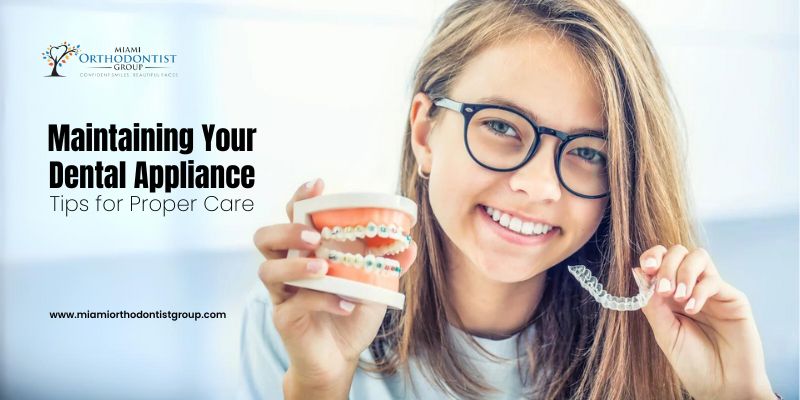Orthodontic treatment is often associated with adolescence, but the reality is that people of all ages can benefit from braces.
Dental appliances, whether braces, Invisalign, or orthodontic appliances, play a crucial role in orthodontic treatment.



